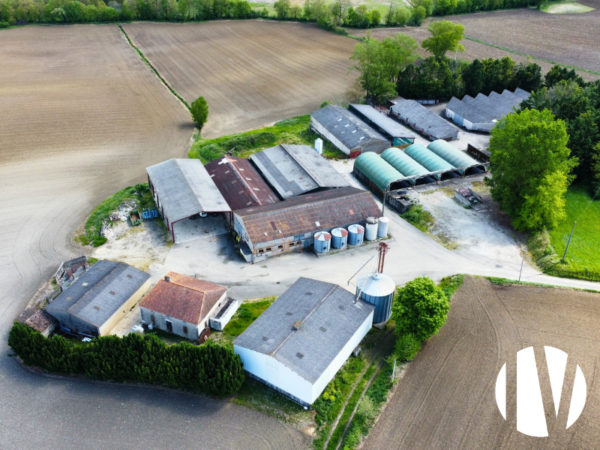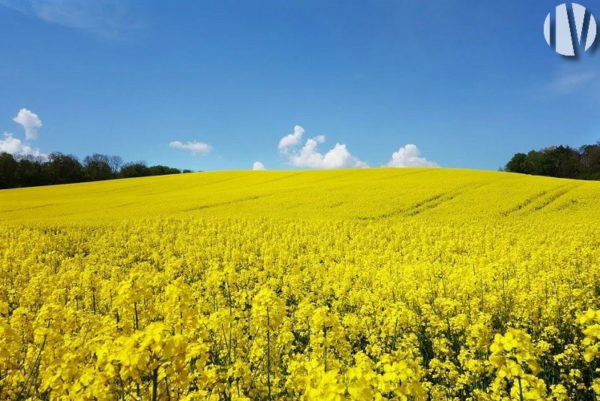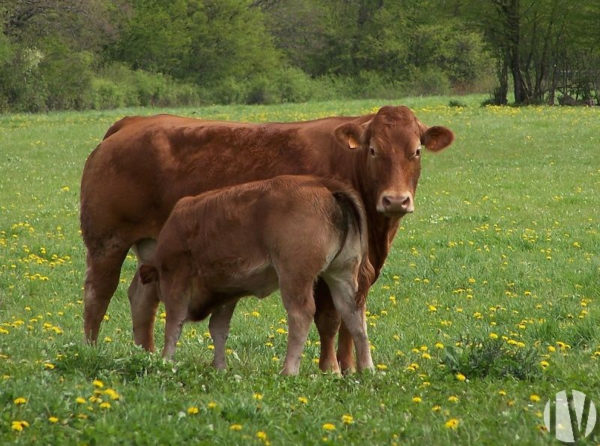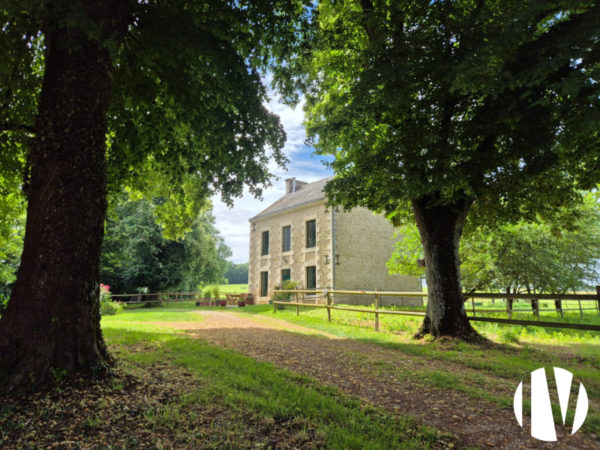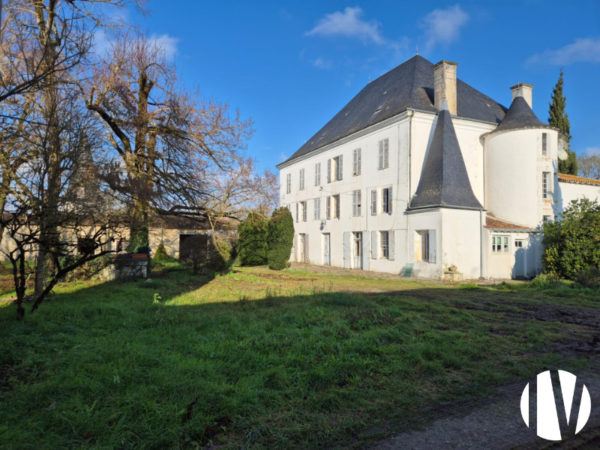New-Aquitaine
Set up in New Aquitaine

A varied agricultural area
Farming in Nouvelle Aquitaine is diverse. Soil types, the presence of subsoil water and the location of agri-food industries all shape the region’s agriculture: livestock farming is particularly prevalent in the north and east, crops in the south and vineyards in the Charentes and Gironde regions.
The main types of production are as follows:
- Livestock: dairy cattle, beef cattle, goats, sheep, poultry, etc.
- Cereals
- Tourist attraction
- Vineyards
- Market gardening
- Truffles, melons, poppies, lentils, seed corn, popcorn, field vegetables, alfalfa seeds, seed-bearing crops (carrots, beetroot, etc.)
A favourable climate
The region has an ‘oceanic’ climate, characterised by a gentle way of life. Wooded landscapes, magnificent rivers with many attractions, atypical villages, some just waiting to be revived. In fact, here you have a region where life is good: specific or typical dishes from the region, wine… The temperate climate of this region means that you can find a variety of produce. Spring comes earlier and autumn lasts a little longer than in other areas, so you can take advantage of what is commonly known as the ‘Indian summer’.
Agricultural dynamism at various levels
The international showcases of the region’s agriculture are the AOC Cognac and Bordeaux vineyards. Agriculture is strongly represented here, with the presence of major SME/SMIs, cooperatives and family businesses that have become international companies…
The Atlantic coast has a strong tourist appeal, thanks in particular to its two islands (Île de Ré and Île d’Oléron) and its seafood specialities (oysters, mussels, cockles, etc.).
The Charente, with its Cognac and proximity to the Dordogne, is not to be outdone. Further north is the Vienne department, with its melon production and cereal-growing plains around Châtellerault, Loudun and Poitiers. As a result, a large number of gîtes and bed & breakfasts are part of the rural landscape, providing a certain dynamic appeal and marketing local produce directly, while maintaining a link between farmers and city-dwellers. Finally, the Deux-Sèvres department is much more widely regarded as a ‘mixed farming and livestock’ department.
Quality of life
Thanks to its dynamism and climate, the region has a lot to offer in terms of attracting people to take over farms, and also new rural dwellers, thanks to its major towns such as Bordeaux, Bayonne, Limoges, Périgueux, Niort, Angoulême, Poitiers, La Rochelle, etc. This region, which is both agricultural and touristic, offers natural sites such as the Marais Poitevin, the Atlantic coast, and dynamic student towns, etc.
Grouped and irrigated plots
Farms in this region, whatever their production(livestock, cereals or vines), have doubled or even tripled their agricultural area in 25 years. On the other hand, land prices have risen sharply in some areas, which is not to the advantage of young people wishing to set up in business. However, given the age pyramid, many farms will be put up for sale over the next 5 years. It is still too early to say whether these new farms will add to the area farmed by their neighbours, or whether they will offer an opportunity to set up in business. Irrigation remains a major asset in this region, as summers can be very dry. As a result, any irrigated area is a financial guarantee, or the assurance of a regular yield year after year.

